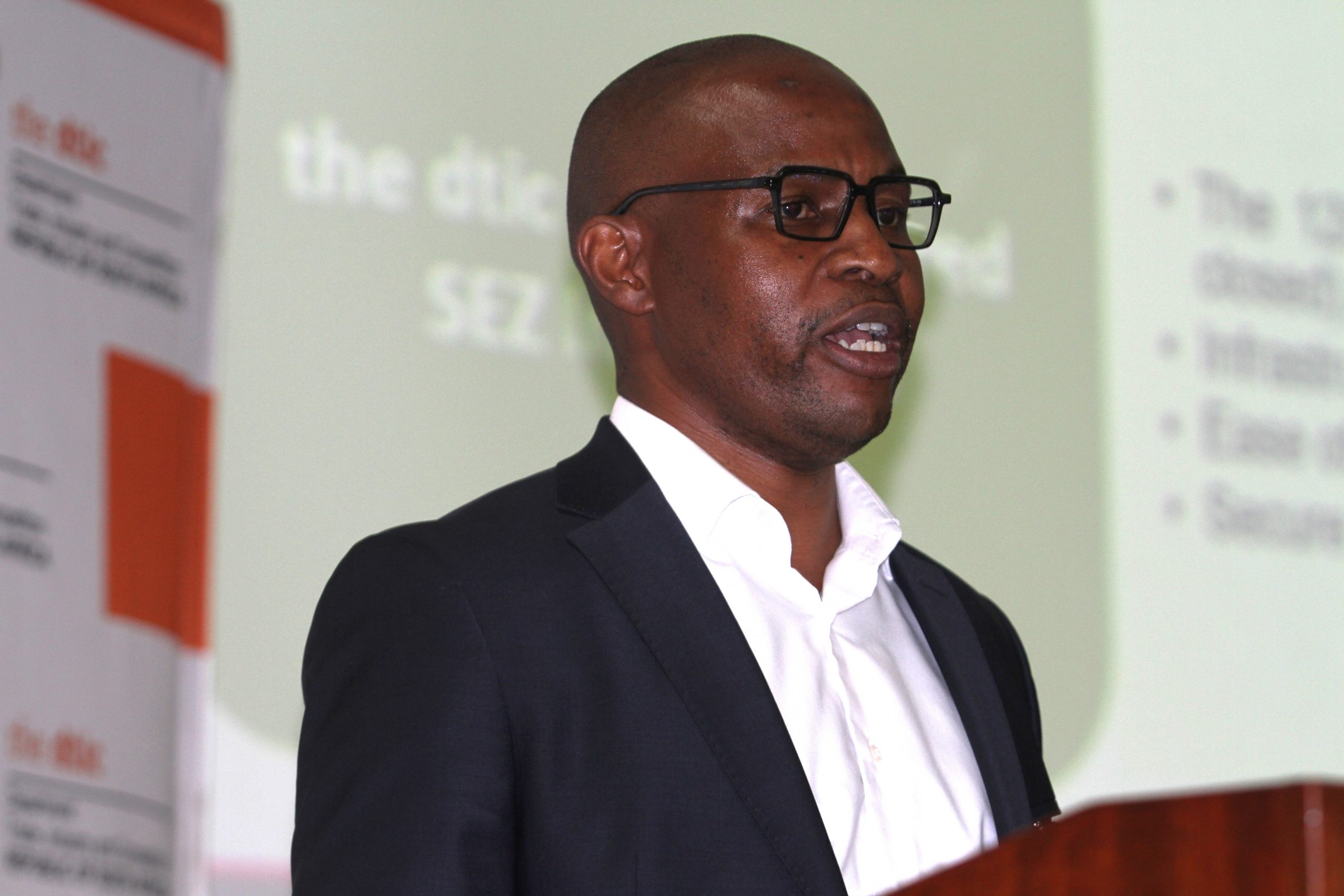While the South African government has done a lot in terms of developing strategies, building infrastructure, and attracting investment, there is still more that can be done to ensure government programmes have a broader and deeper impact on the economy.
This was said by the Special Economic Zones (SEZ) Special Advisor at the Department of Trade, Industry and Competition (the dtic), Mr Maoto Molefane, during the Special Economic Zones CEOs Forum held today at the Industrial Development Corporation (IDC) in Johannesburg. The forum was attended by key stakeholders to reflect on the draft Spatial Industrial Development Strategy and its role in strengthening the impact of SEZs and related industrial development initiatives across the country.
The high-level engagement brought together business leaders, government officials and development stakeholders to reflect on the state of the country’s SEZs and provide input into the draft Spatial Industrial Development Strategy (SIDS), which proposes a reimagined model for SEZs, industrial parks, and township economic development.
Molefane called for a shift from business-as-usual to meaningful implementation that delivers measurable outcomes that will help reignite the country’s re-industrialisation agenda.
“We continue to face stubborn challenges of poverty, inequality and unemployment, and we have to change that. Our view as the dtic is that all the challenges facing this country can only be addressed if we create decent jobs. Through jobs, the number of the South African Social Security Agency recipients will decrease, our tax revenue will increase, informal settlements will shrink, and social ills like crime will subside,” he said.
Molefane emphasised the need for a strategic rethink of the SEZ framework, grounded in lessons from the past and guided by the material conditions facing communities and investors alike.“We are no longer in the business of issuing SEZ licences. Our job is not to designate for the sake of designating. Our job is to industrialise this country. The designation of an SEZ should find us already on the ground doing the work to support investments,” he added.
Furthermore, Molefane reported that, as part of its course correction, the dtic has introduced several measures, including the establishment of a Special Economic Zones (SEZ) Programme Management Unit (PMU) to provide technical support, ensure greater national oversight, help build necessary industrial infrastructure and require firm investment commitments before any new SEZ is proclaimed.
“The draft strategy also responds to spatial and economic disparities by prioritising geographic areas with industrial potential, even those without designated SEZs. This ensures that township economies, underutilised industrial parks, and marginalised municipalities are not left behind in the national effort to reindustrialise. There is a need for coherence and collaboration across all levels of government to deliver impactful, place-based interventions,” highlighted Molefane.
The forum also noted the progress made by well-performing zones like Coega, East London, Dube TradePort, and the Tshwane Automotive SEZ (TASEZ), while acknowledging the ongoing work required to integrate black industrialists, link small businesses, and align SEZs with broader regional development.
Stakeholders in attendance welcomed the frankness of the presentation and underscored the importance of turning South Africa’s SEZs into globally competitive zones of productivity, innovation and opportunity.

Bongani Lukhele – Director: Media Relations
Tel: (012) 394 1643
Mobile: 079 5083 457
WhatsApp: 074 2998 512
E-mail: BLukhele@thedtic.gov.za
Issued by: The Department of Trade, Industry and Competition (the dtic)
Follow us on X: @the_dtic
Facebook: https://www.facebook.com/thedti?mibextid=ZbWKwL
YouTube: https://www.youtube.com/@thedtic
Website: https://www.thedtic.gov.za/

